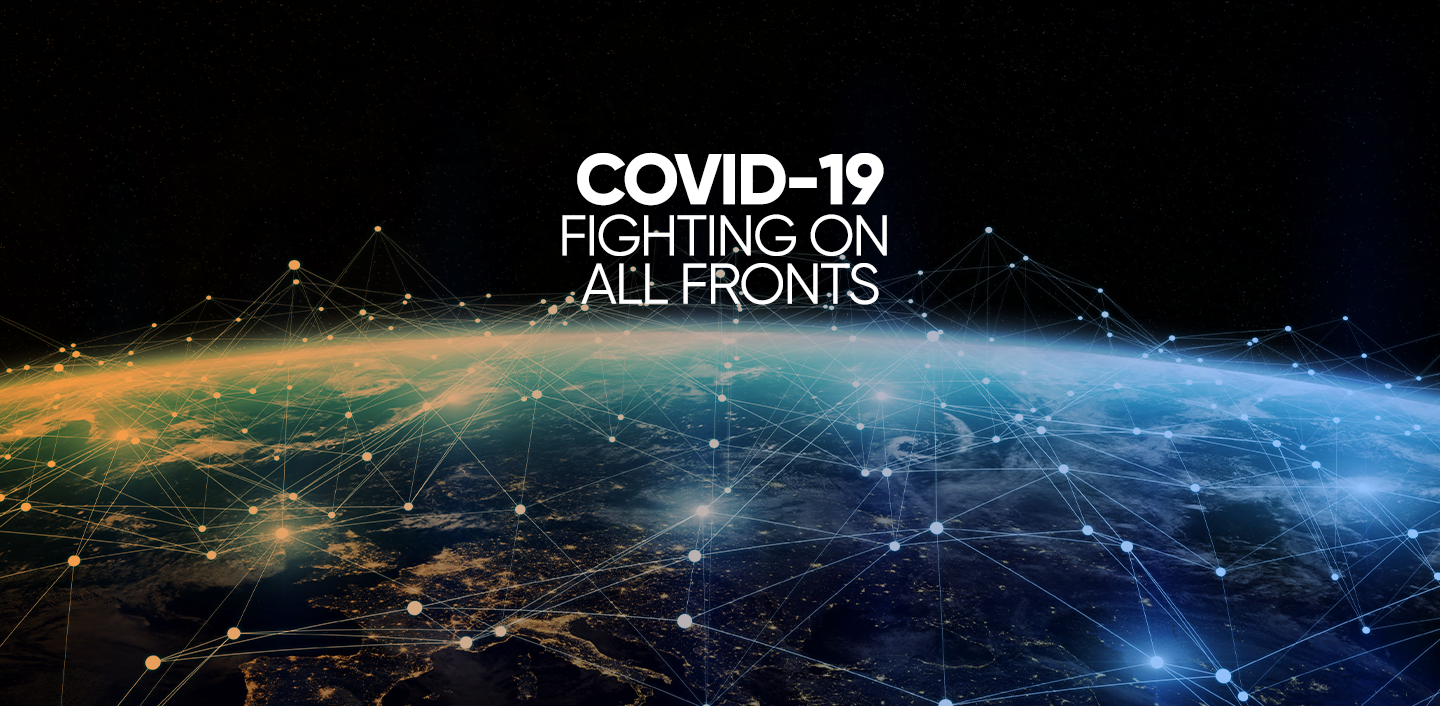Legal Impacts of Coronavirus – Criminal Law
By João Augusto Gameiro, partner of the Penal group of Trench Rossi Watanabe
On February 26, 2020, the Brazilian Ministry of Health confirmed the first case of the disease caused by the new coronavirus (Covid-19) in Brazil. Only a few weeks later, cases of community transmission were registered. Since then, the Brazilian authorities have become preoccupied with preventing the spread of the virus, and measures have been adopted which, if not followed, can have consequences even in the criminal sphere.
Law No. 13,979, published on February 6, 2020, deals specifically with the appropriate measures to face the emergency resulting from coronavirus. Among such measures, it is important to highlight the following:
- Isolation
- Quarantine
- Compulsory medical examinations, laboratory tests, vaccines, and other treatments
- Exceptional and temporary restriction on entering and leaving the country
- Requisition of goods and services from individuals and legal entities
In order to make these possible actions more effective, the Brazilian Ministry of Justice and the Ministry Health have issued Interministerial Ordinance No. 5. This ordinance, more specifically, expressly establishes that, if a preventive measure imposed by a public authority is not complied with, the person who failed to comply with it may be criminally liable, considering the possible characterization of the following crimes:
Infringement of preventive health measures
Article 268 – Infringing the determination of the public authorities, aimed at preventing the introduction or spread of a contagious disease:
Penalty – detention, from one month to one year, and a fine.
Sole paragraph – The penalty increases by one-third if the agent is a public health worker or exercises the profession of doctor, pharmacist, dentist or nurse.
Disobedience
Article 330 – Disobeying the legal order of a public agent:
Penalty – detention, from 15 days to six months, and a fine.
It is important to highlight that noncompliance with preventive measures will be considered a crime only if there is a specific determination from a public agent to do so, and not just a mere recommendation to the population.
Finally, there are news that Brazilian public authorities are monitoring abusive price adjustments for products — especially those related to pandemic control, such as hygiene products and medicines, as well as other essential items. Abusive price adjustments for products can constitute not only an administrative violation but also the commission of a crime against the popular economy, as set forth in article 3, item VI, of Law No. 1,521/1951.


